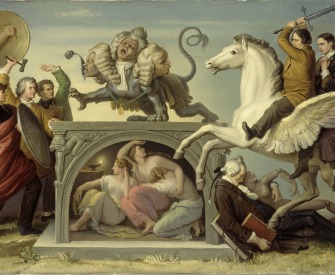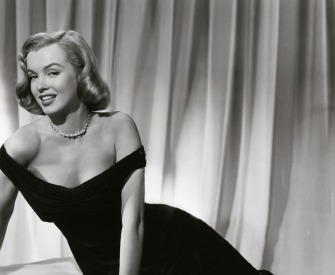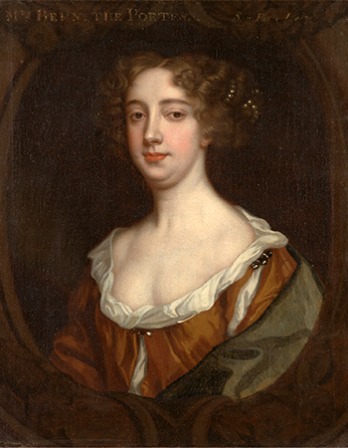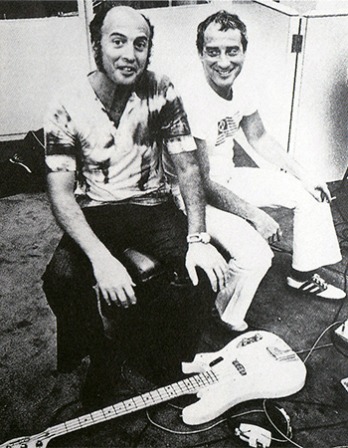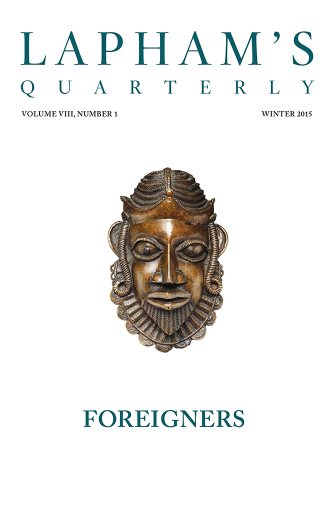To Wojciech Grzymała,
Art here in this country means painting, sculpture, and architecture. Music is not art and is not called art; and if you say an artist, an Englishman understands that as meaning a painter, architect, or sculptor. Music is a profession, not an art, and no one speaks or writes of any musician as an artist, for in their language and customs it is something else than art—it is a profession. Ask any Englishman, and he will tell you so. No doubt it is the fault of the musicians, but try to correct such things! These queer folk play for the sake of beauty, but to teach them decent things is a joke. Lady —–, one of the first great ladies here, in whose castle I spent a few days, is regarded here as a great musician. One day, after my piano, and after various songs by other Scottish ladies, they brought a kind of accordion, and she began with the utmost gravity to play on it the most atrocious tunes. What would you have? Every creature here seems to have a screw loose.
And every observation on music ends with “leik water,” meaning that it flows like water. I have not yet played to any Englishwoman without her saying to me, “leik water.” They all look at their hands and play the wrong notes with much feeling. Eccentric folk, God help them.
From a letter. At the end of his ten-year relationship with the writer George Sand, the Polish-born pianist and composer in 1848 left his Paris home, accepting an invitation to visit Great Britain. He returned a year later and died from tuberculosis. His music inspired his friend Franz Liszt to claim for him a “a genius for melody so rare.”
Back to Issue

